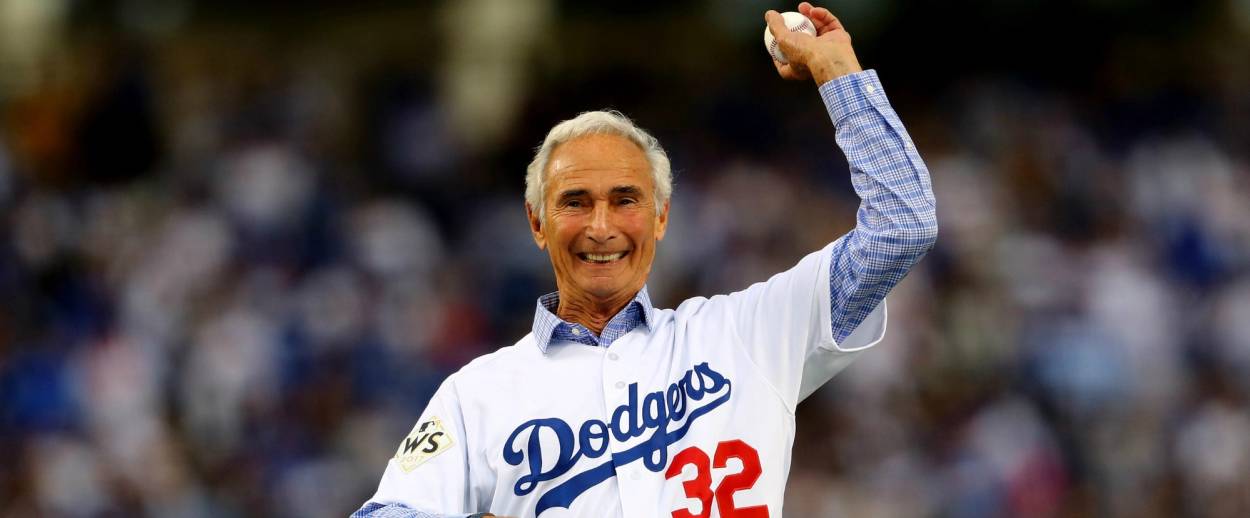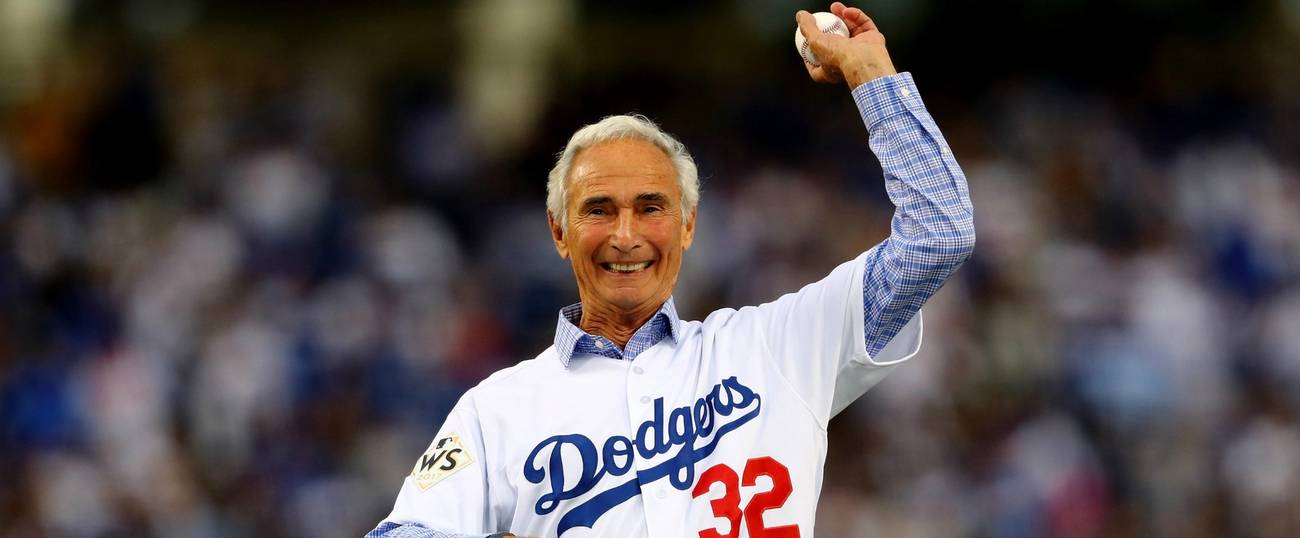How a New Book about Baseball Cards Helped Me Understand My Own Obsession with Jewish Players
I never really understood why my father cared which player was Jewish. Until, one day, I did.




When I was 11, my friend Dickie and I would race our bikes on Sunday to the flea market outside the local mall to buy baseball cards. A lot of kids collected cards in 1976, but we weren’t run-of-the mill collectors. We were interested in old cards—from the 1960s, 1950s, and 1940s, even the 1910-era cards originally sold in tobacco packages.
I was Jewish, Dickie was Catholic, and in the liberal community of Columbia, Maryland, where we were lived, this wasn’t a big deal. The only reason religion mattered to us was because Dickie’s family attended Mass, and if they went on Sunday mornings we couldn’t have a Saturday-night sleepover that led to a trip to the flea market the next day. We always hoped his parents would take the family to Saturday-afternoon Mass.
It didn’t matter to me whether the players on the cards we collected were Jewish. I don’t even remember being aware of the players’ religion, although since I was already an ardent baseball fan and I went to Hebrew school, I’m sure I had learned about Sandy Koufax and his decision to sit out Game One of the 1965 World Series because it fell on Yom Kippur. I remember my dad, sprawled out on our red beanbag chair, reading a Jewish newspaper that often featured a page about which Major Leaguer was Jewish, and wondering why that mattered. To me, it didn’t. I rooted for a player and wanted his card because of his high batting average or strong win-loss record, and whether he played for my hometown team, the Baltimore Orioles. Even though I couldn’t describe it at the time, it felt tribal to focus on certain players just because they shared my religious background. Baseball was baseball, and being Jewish was being Jewish. I remember asking my dad why he cared which players were Jewish, and although I don’t exactly recall the ensuing conversation, I’m pretty sure it ended with him saying, “It matters. When you’re older, you’ll understand and maybe even care.”
He was right. In my 30s, I began to care. Part of it had to do with my job: I was working as a Jewish journalist for JTA, a Jewish news service, and I began to see the world through a Jewish lens. But part of it was something else. As an adult, it didn’t feel tribal when I learned about Jewish Major Leaguers, whether those lucky enough to make four All-Star teams like Harry Danning, who played for the New York Giants in the 1930s and 1940s, or even those who barely made the Big Show, like Mickey Rutner, a third baseman who played 12 games for the Philadelphia Athletics in 1947. Nor did I feel unhappy when I rooted particularly hard for players such as Adam Greenberg, who was hit in the head in his only at-bat for the Chicago Cubs in 2005, and only received one more token at-bat with the Miami Marlins in 2012. It just made sense.
I don’t know why I started caring about Jewish Major Leaguers: maybe it had to do with a rebalancing of the eternal tribalism/universalism dance in favor of the former. Perhaps my father predicted the shift because he had experienced it himself. In any event, I felt more comfortable with Jewish baseball cards at 33 than I did reading the Torah at 13.
I began collecting as many baseball cards of Jewish players as I could. While at JTA, I was assigned to cover a weekend honoring Jewish baseball players at the National Baseball Hall of Fame in Cooperstown, New York. That experience developed into a major project that became a 2012 book of oral histories on Jewish Major Leaguers. My book was one of a slew of Jewish baseball projects over the past several years that coincided with an increase in both the number and quality of Jewish Major Leaguers. That trend continues. After Joc Pederson homered and Alex Bregman had a walkoff hit during this year’s World Series, ESPN.com ran an article touting The Greatest Week in Jewish Baseball History.
A few weeks ago, a book arrived in the mail that perfectly combined my dovetailed interests. The Jewish Baseball Card Book is a lavishly illustrated coffee-table volume that tells the story of Jewish Major League history through baseball cards. The book (disclosure: Jewish Major Leaguers, the same organization that worked with me on my book, helped produce this one) is nothing less than a Jewish baseball card feast. There are photos of cards of stars like Koufax, Greenberg, and Rosen, and, more recently, Green, Kinsler, and Braun, as well as all the lesser-known Jewish Major Leaguers. There are pictures of cards produced in other countries such as Taiwan and Venezuela. The book even features cards of the eight players who converted to Judaism, whether before, during, or after their careers.
There, in living color, are the great and not-so-great Jewish Major Leaguers, all representing the player I dreamed about becoming when I was a kid, if only I hadn’t been afraid of getting hit with a fastball. At 10, I might have dreamed of becoming a Hall of Famer like Brooks Robinson or Hank Aaron, but as an adult I understood—and could better relate to—someone like Saul Rogovin, a 1950s-era player who was the son of Yiddish-speaking immigrants and a narcoleptic to boot.
I leafed through the book with my two sons, seven and five, both of whom are already devout fans and students of the game. The next day, I saw my younger son looking through the book on his own. “Remember—those are all Jewish players,” I told him. “Oh,” he said, looking unimpressed before walking away. That’s OK, I thought. He still has time.
Peter Ephross is the editor of Jewish Major Leaguers in Their Own Words: Oral Histories of 23 Players.